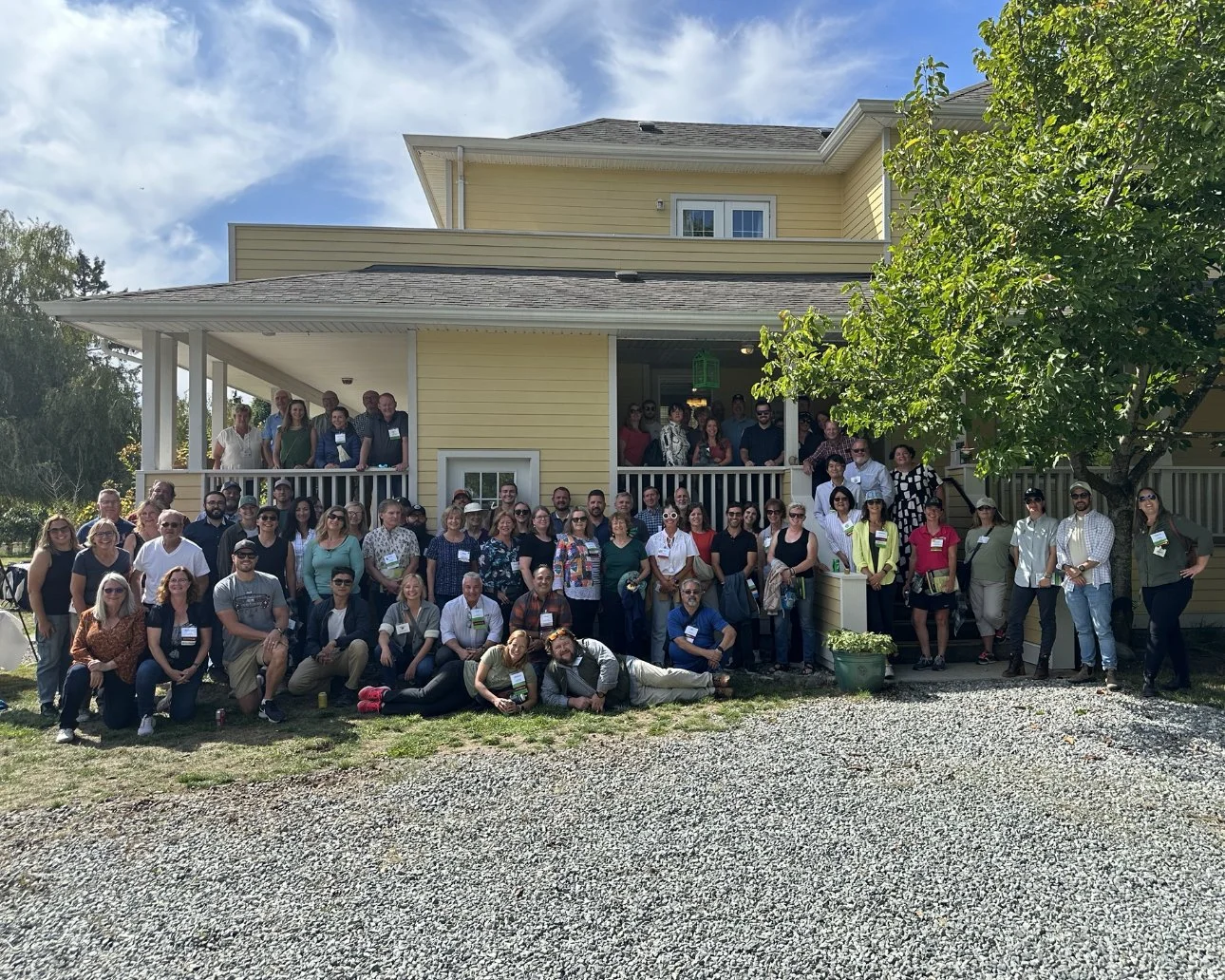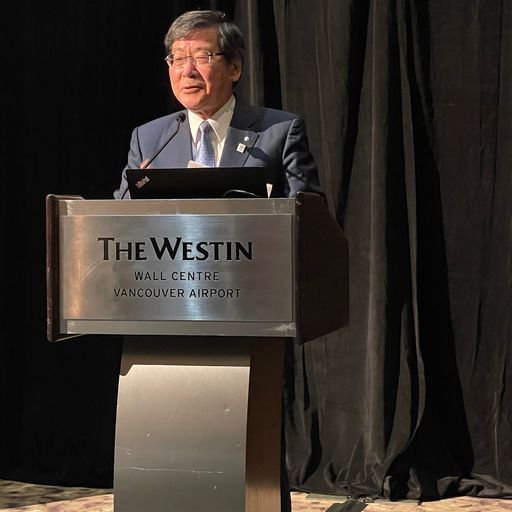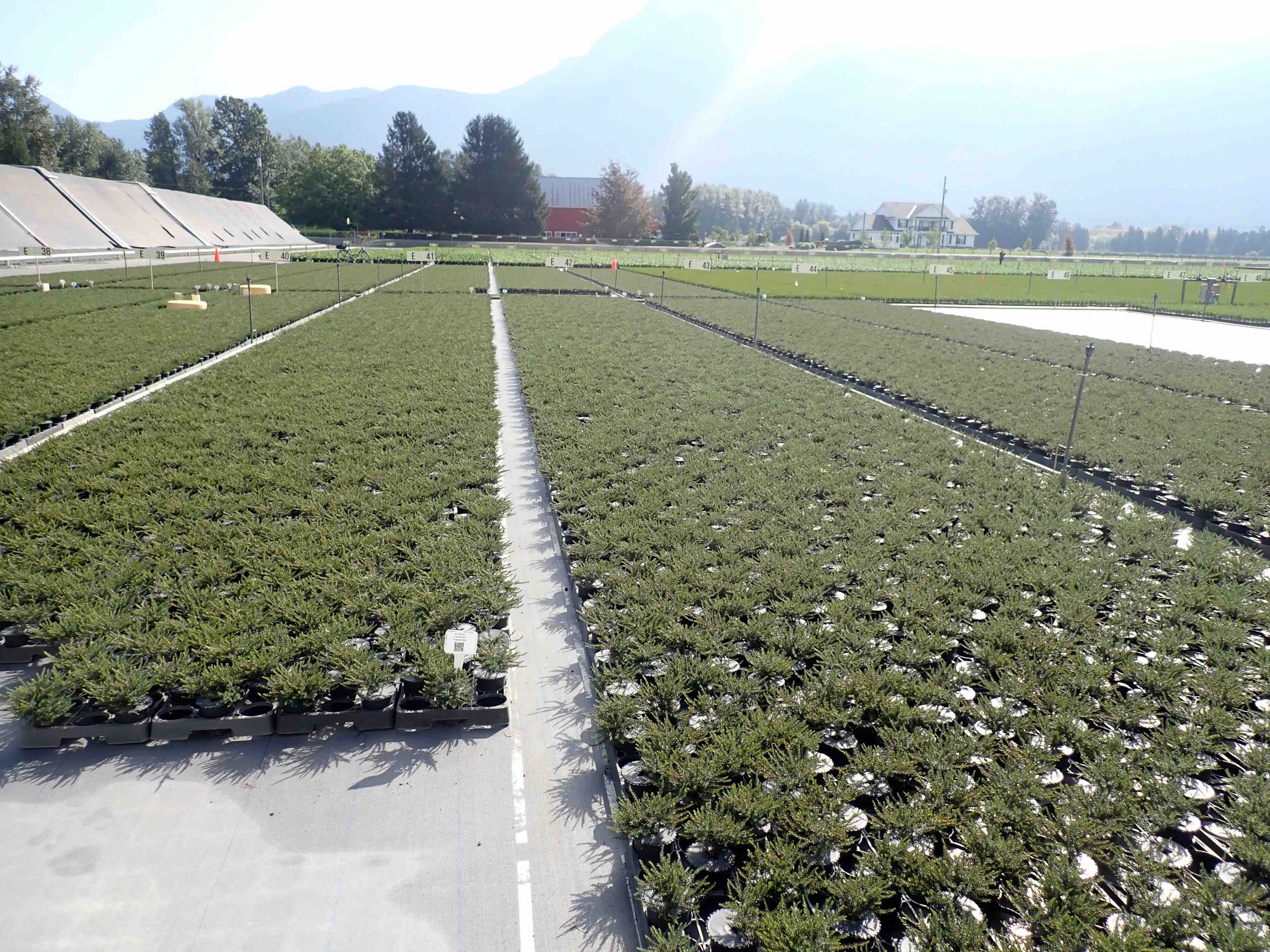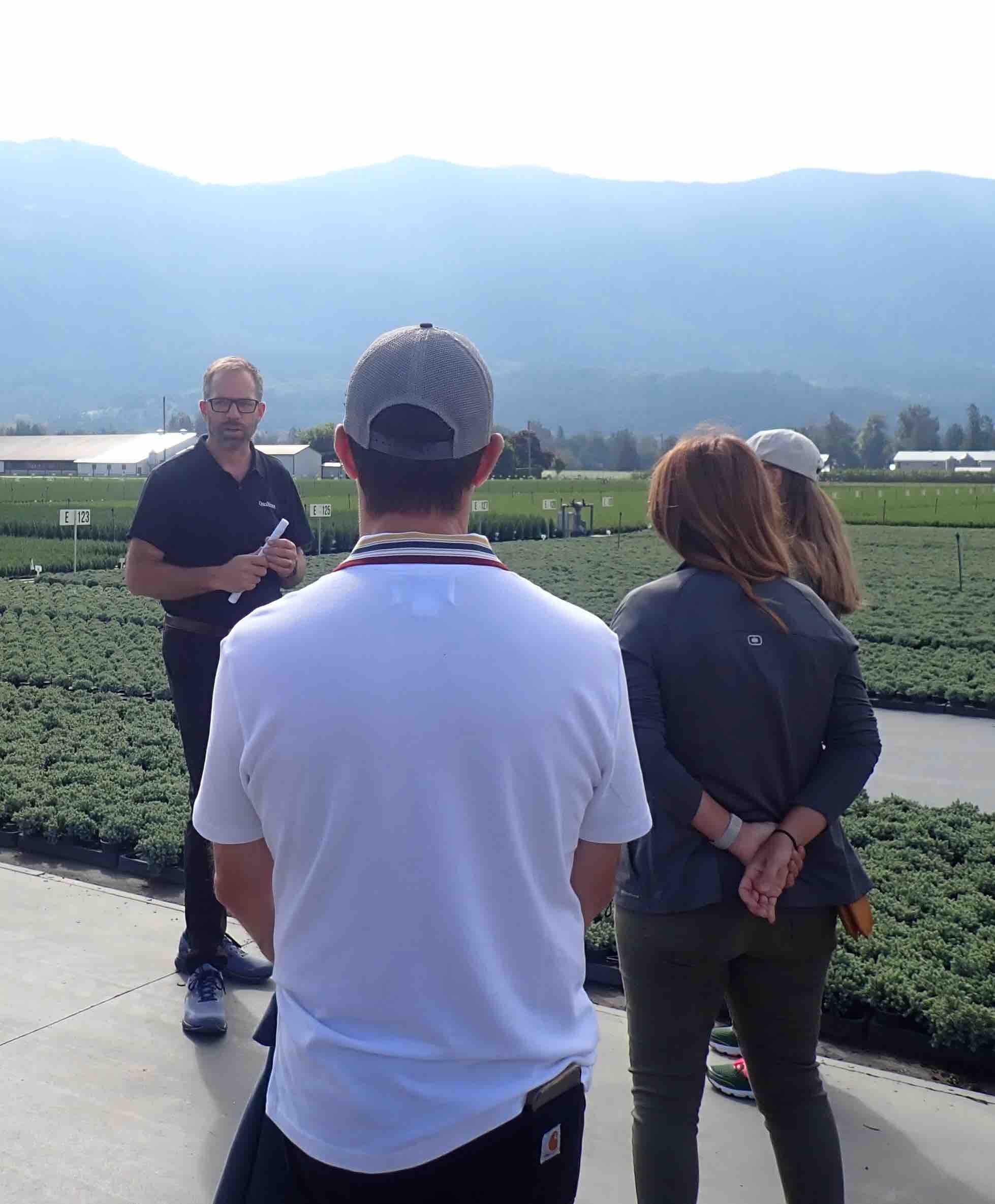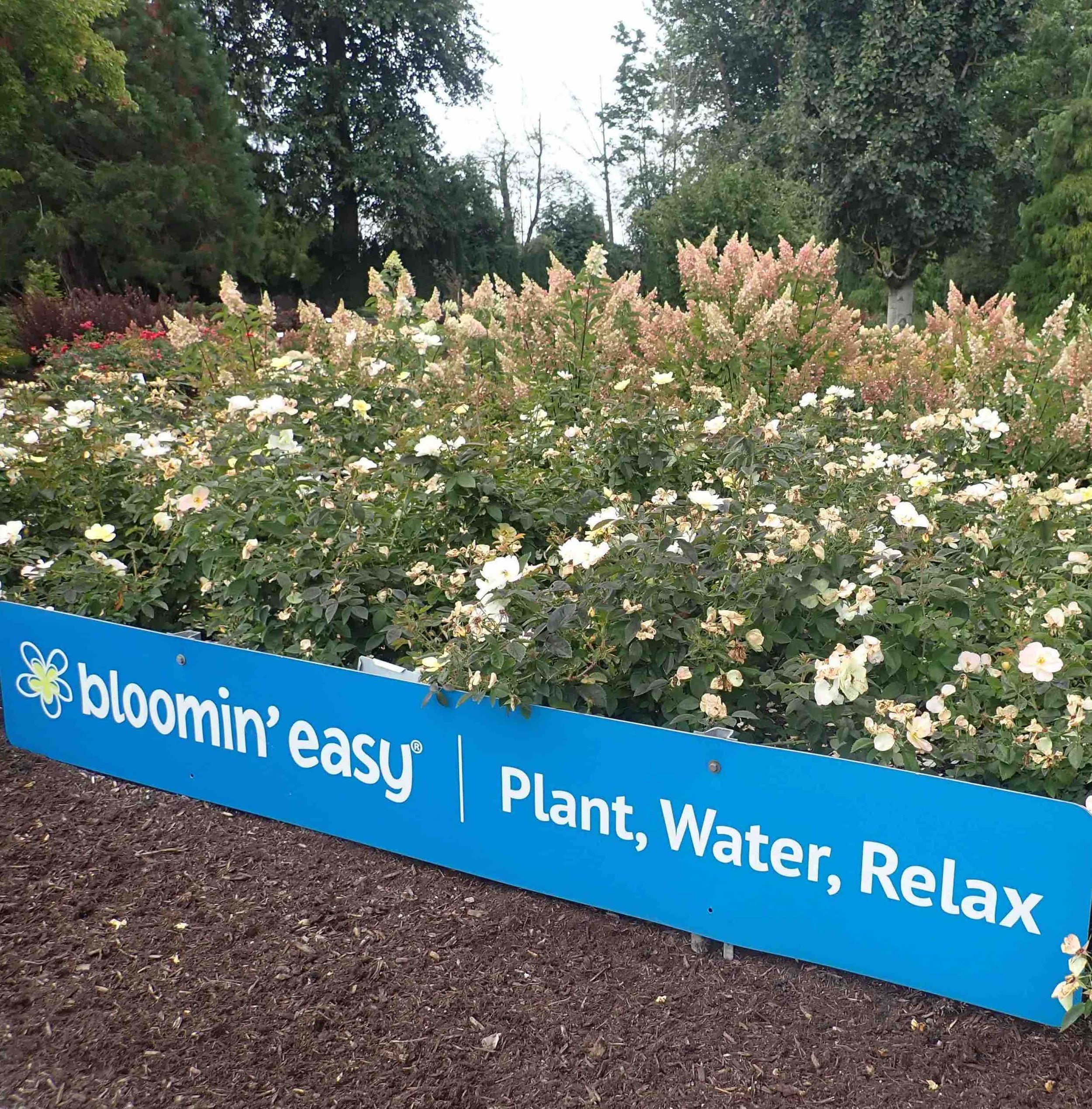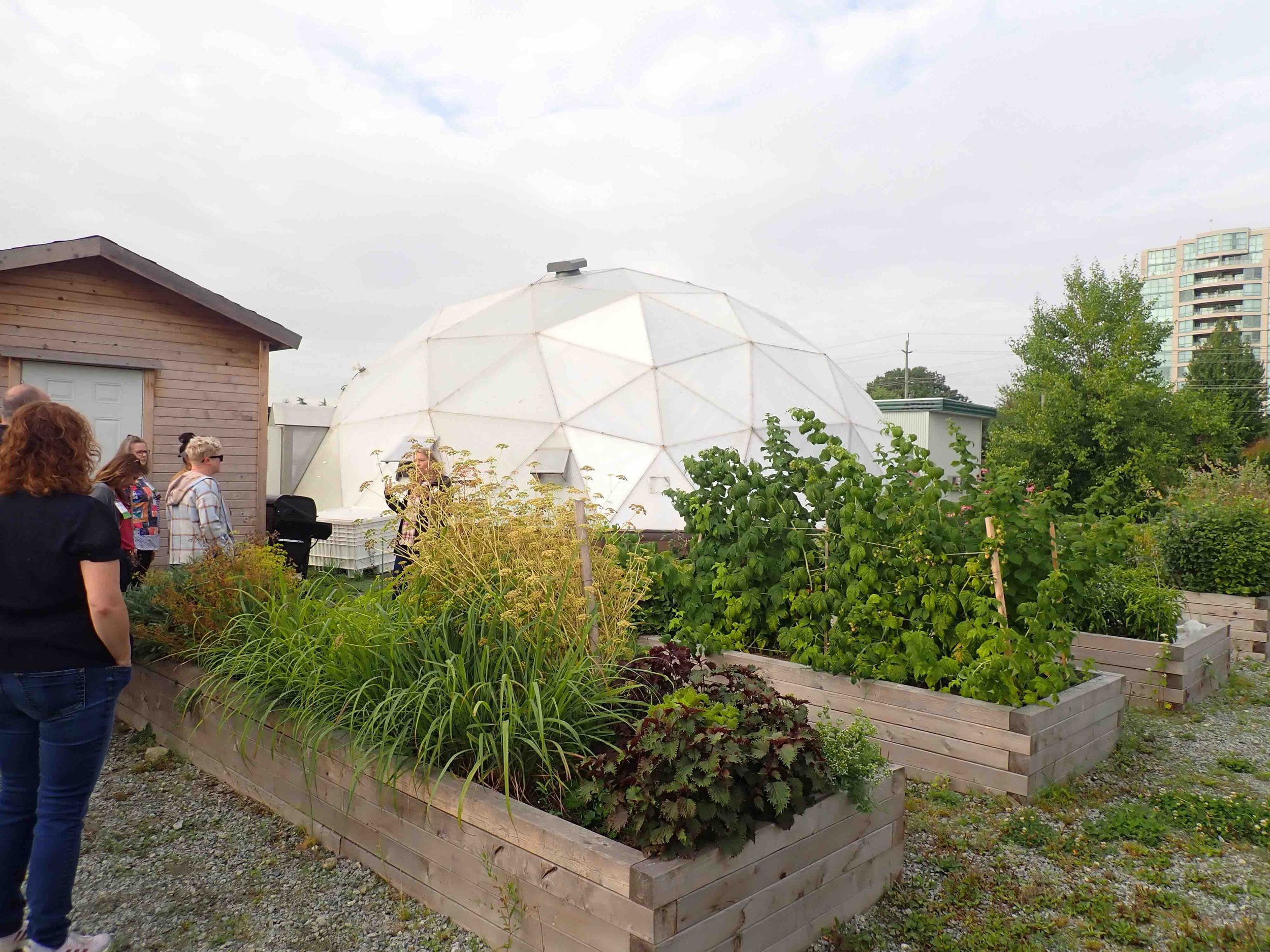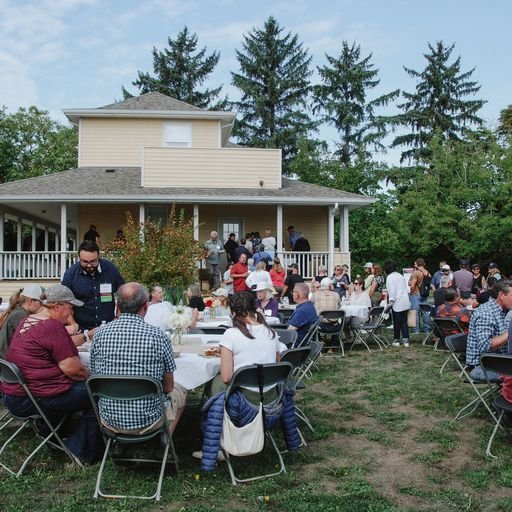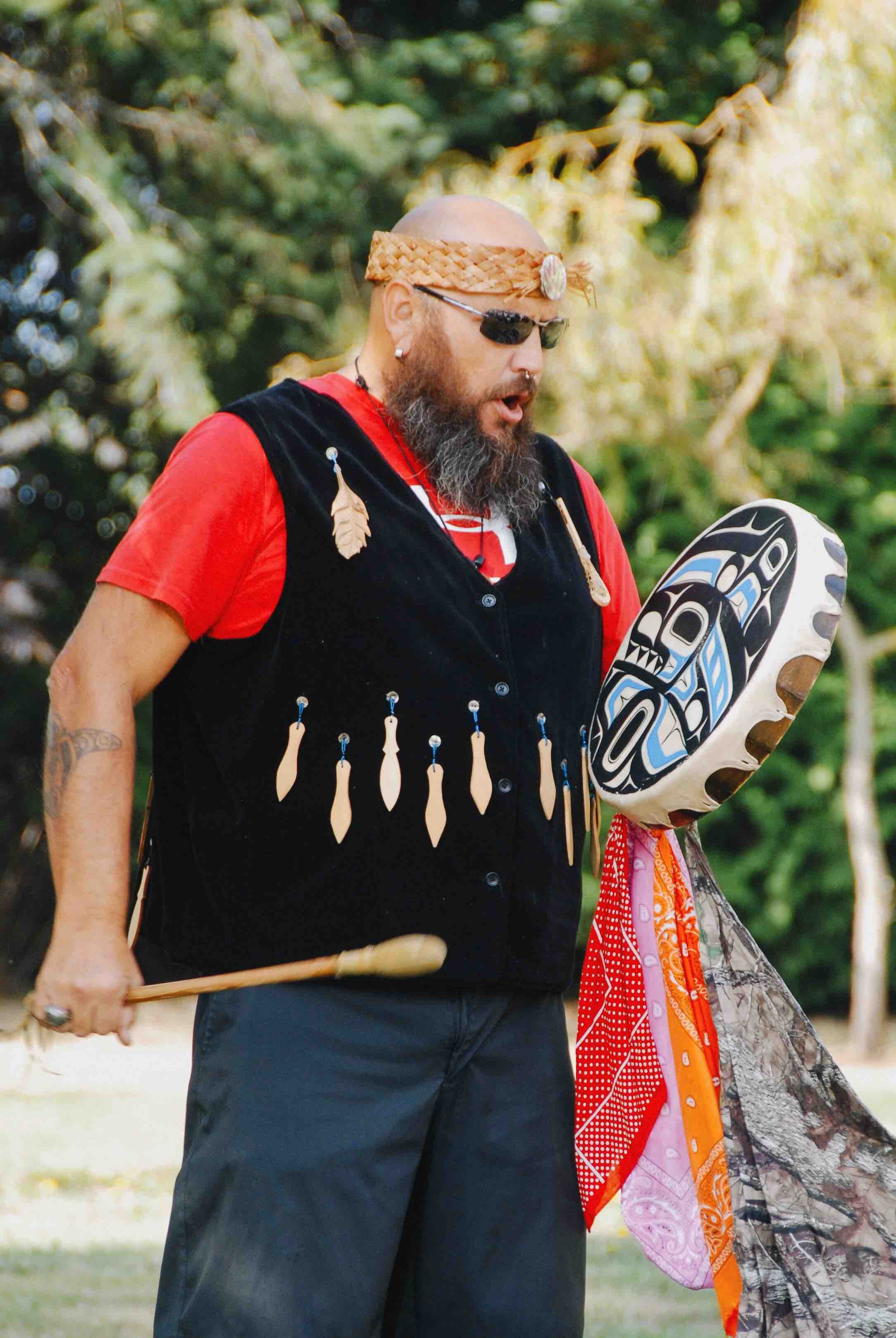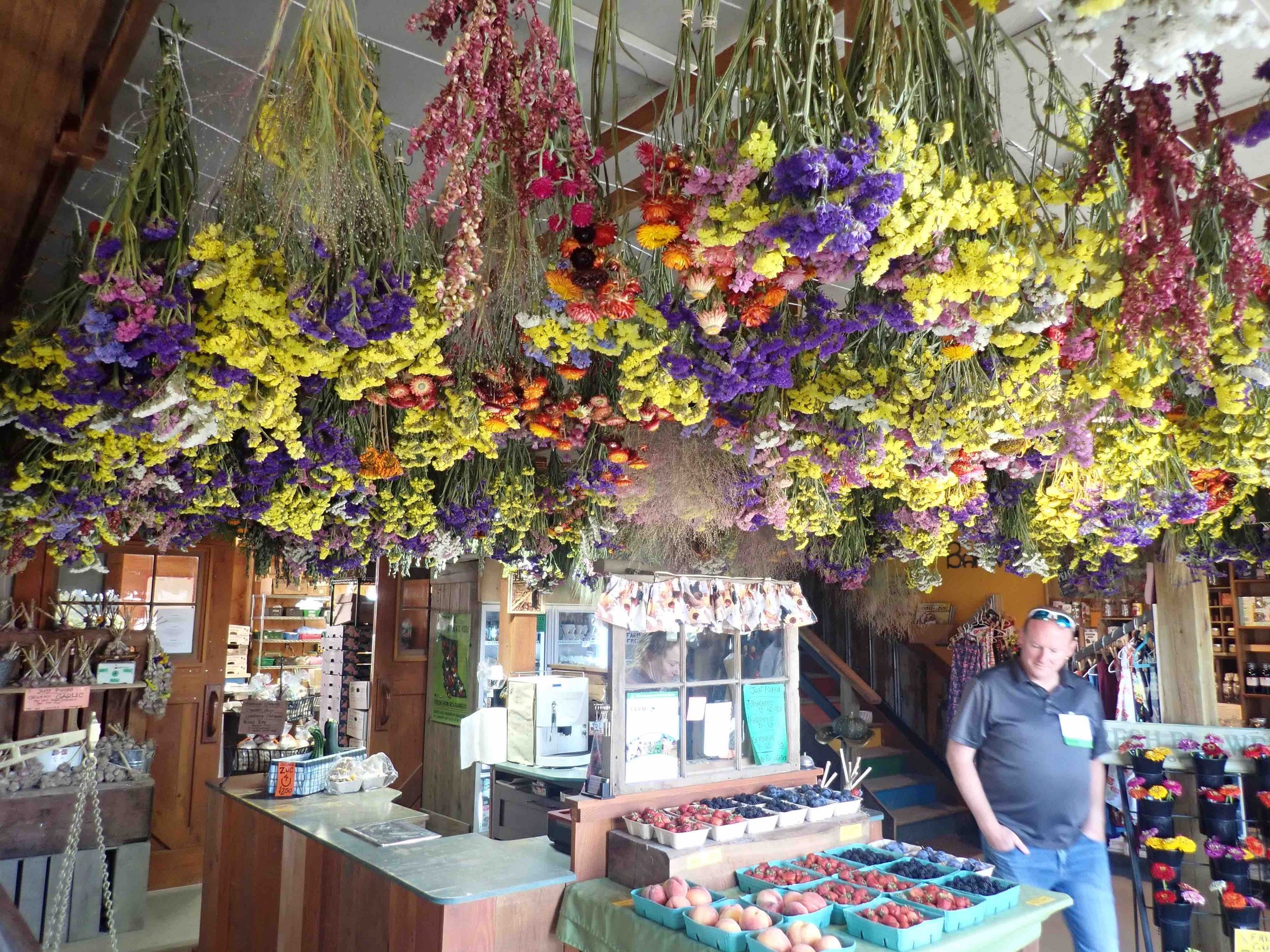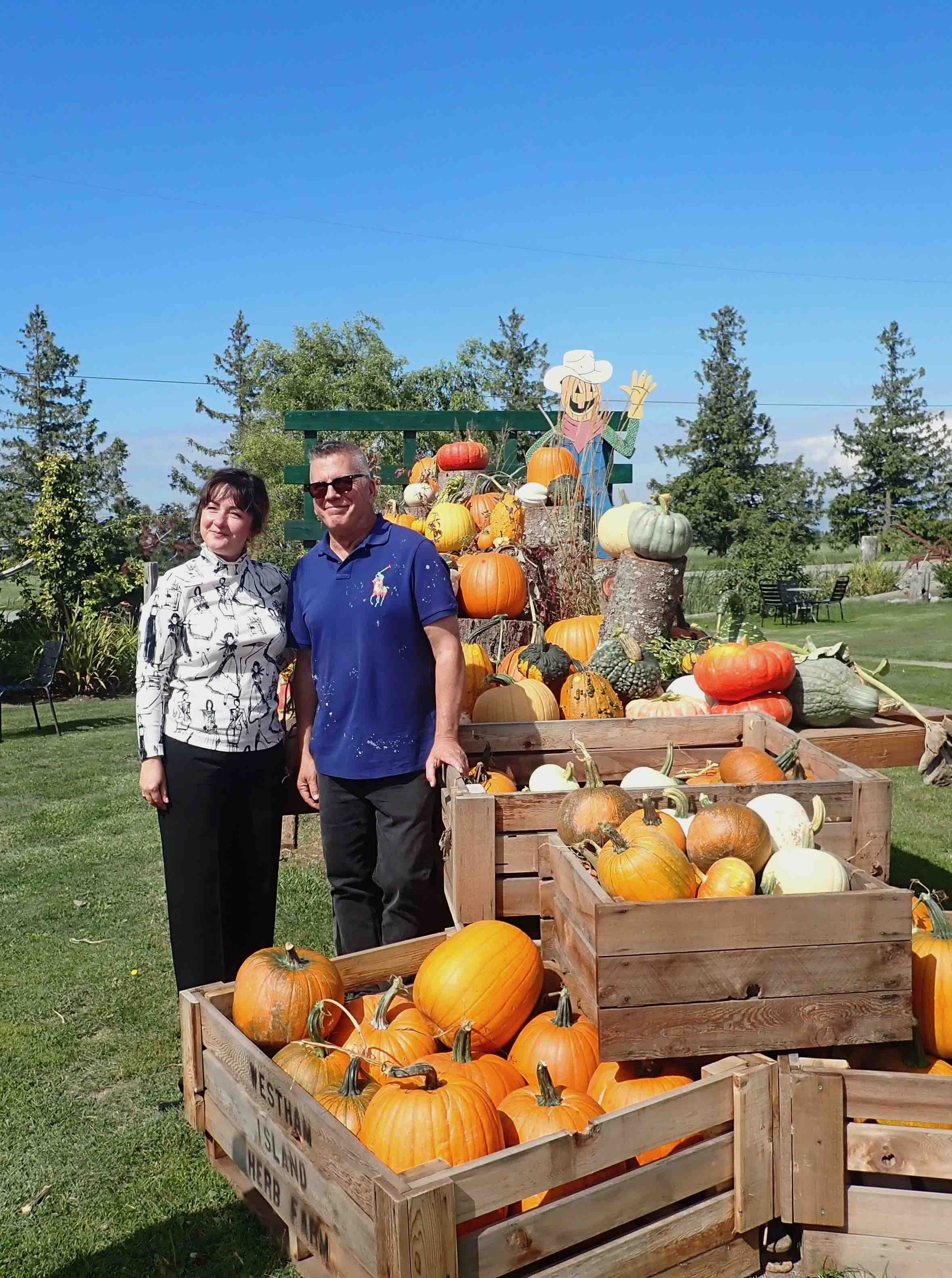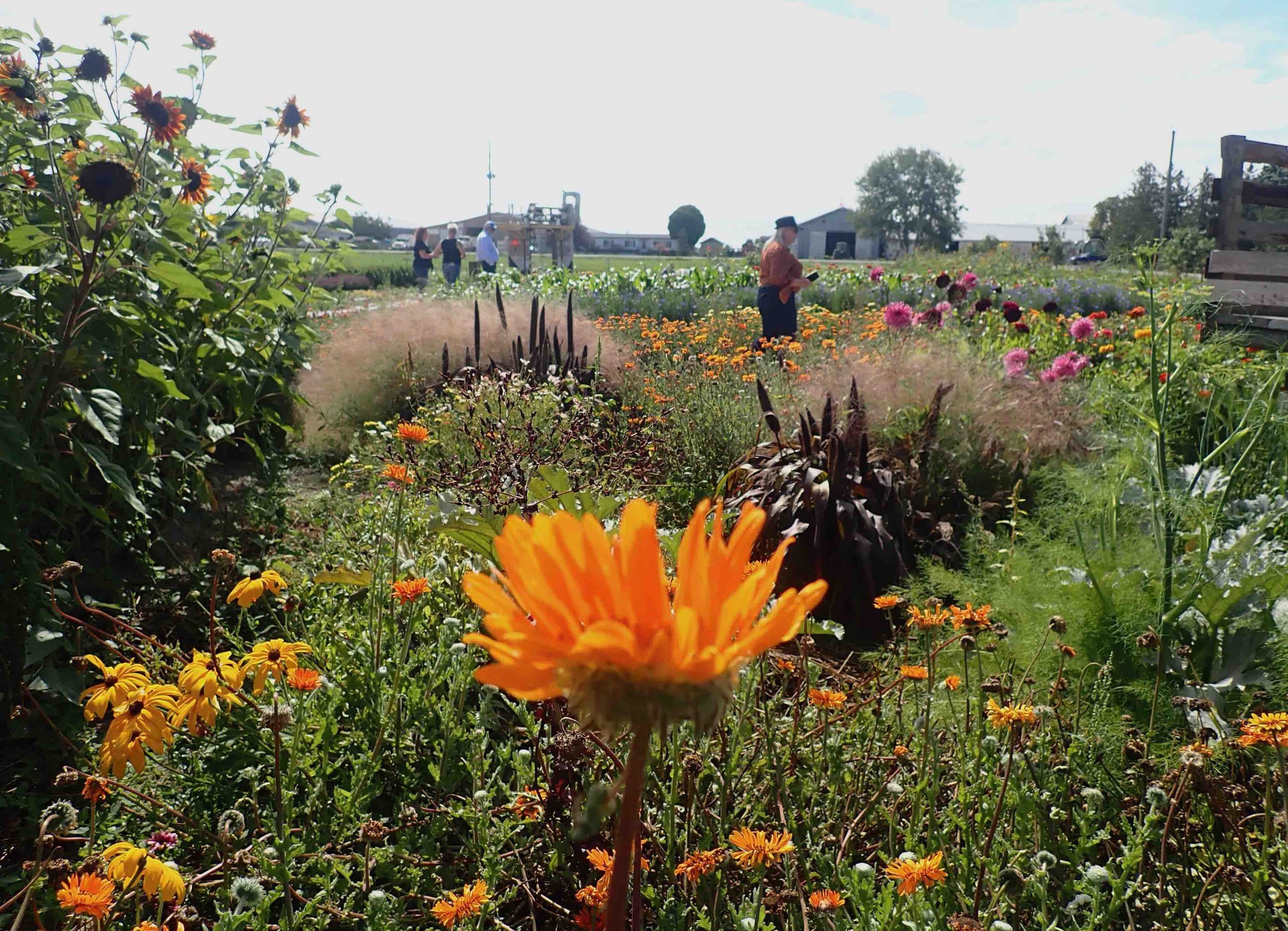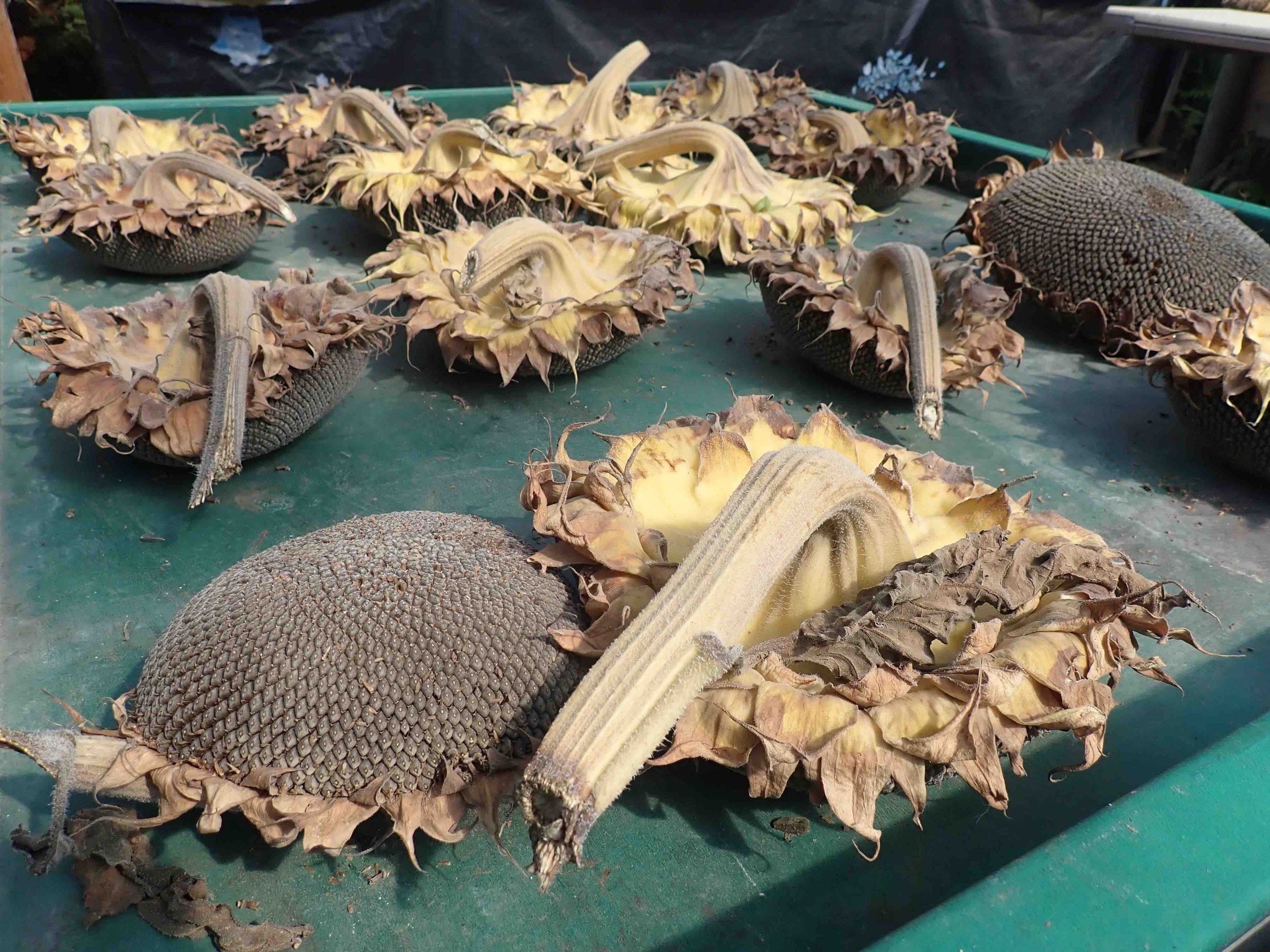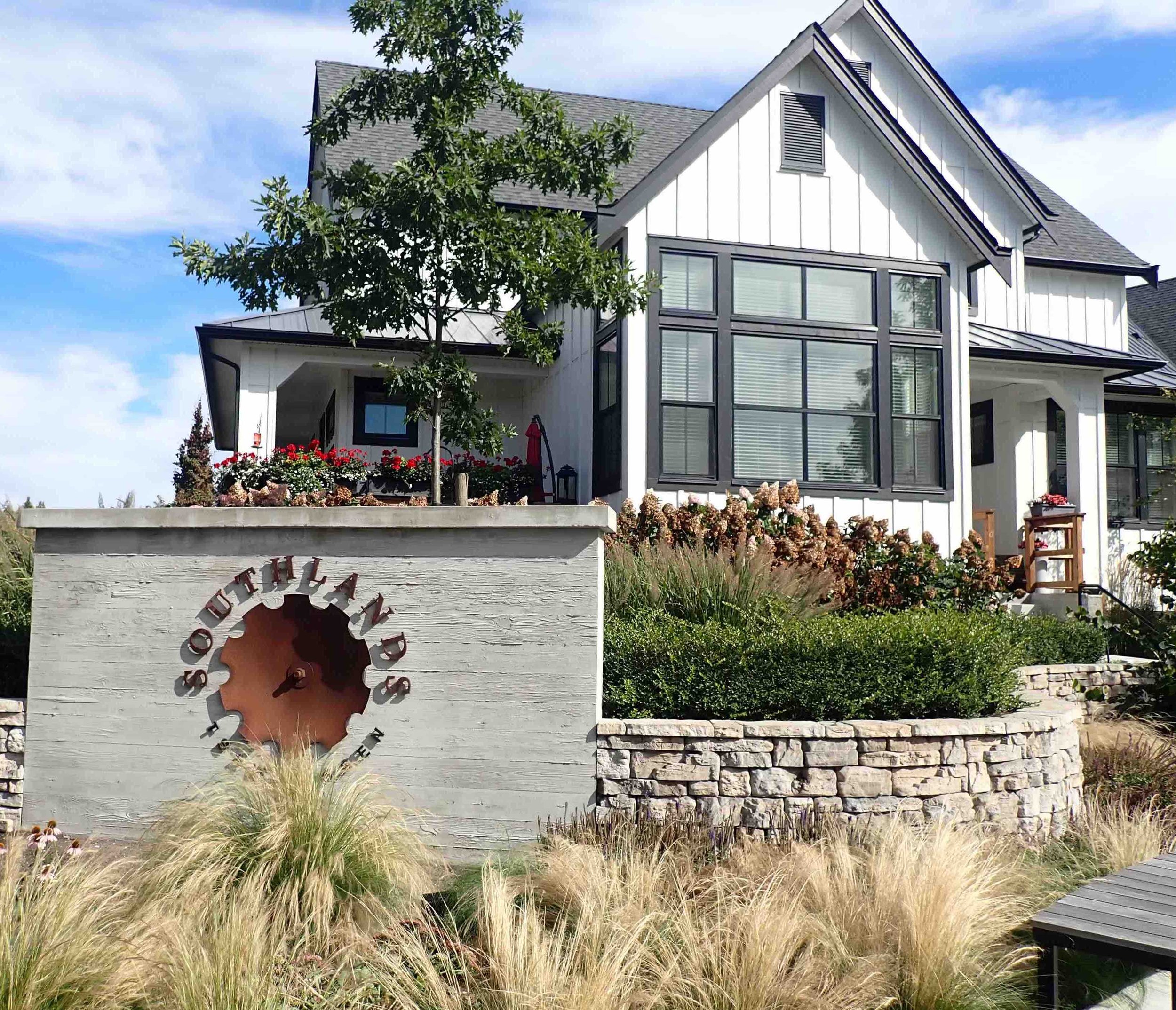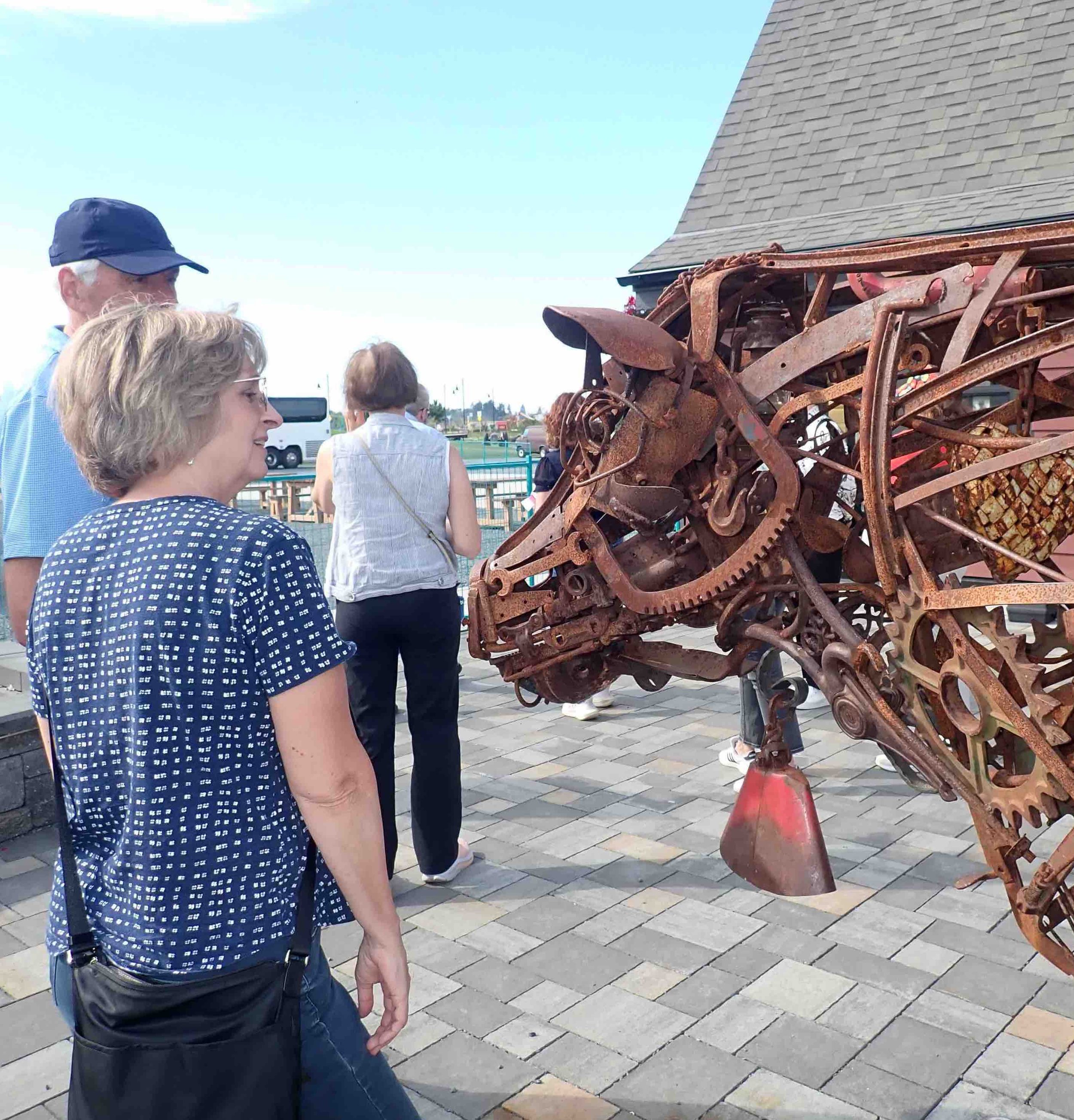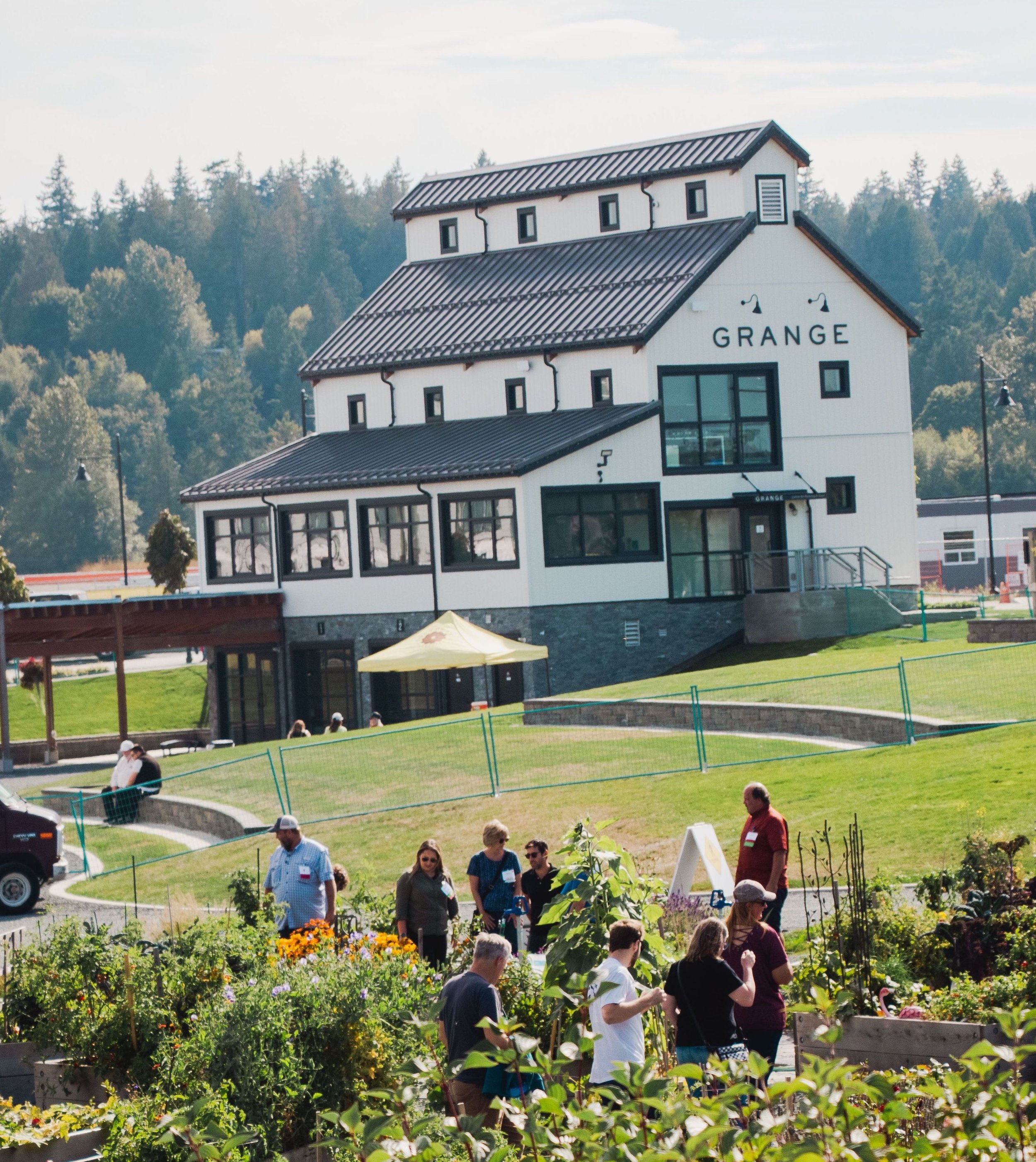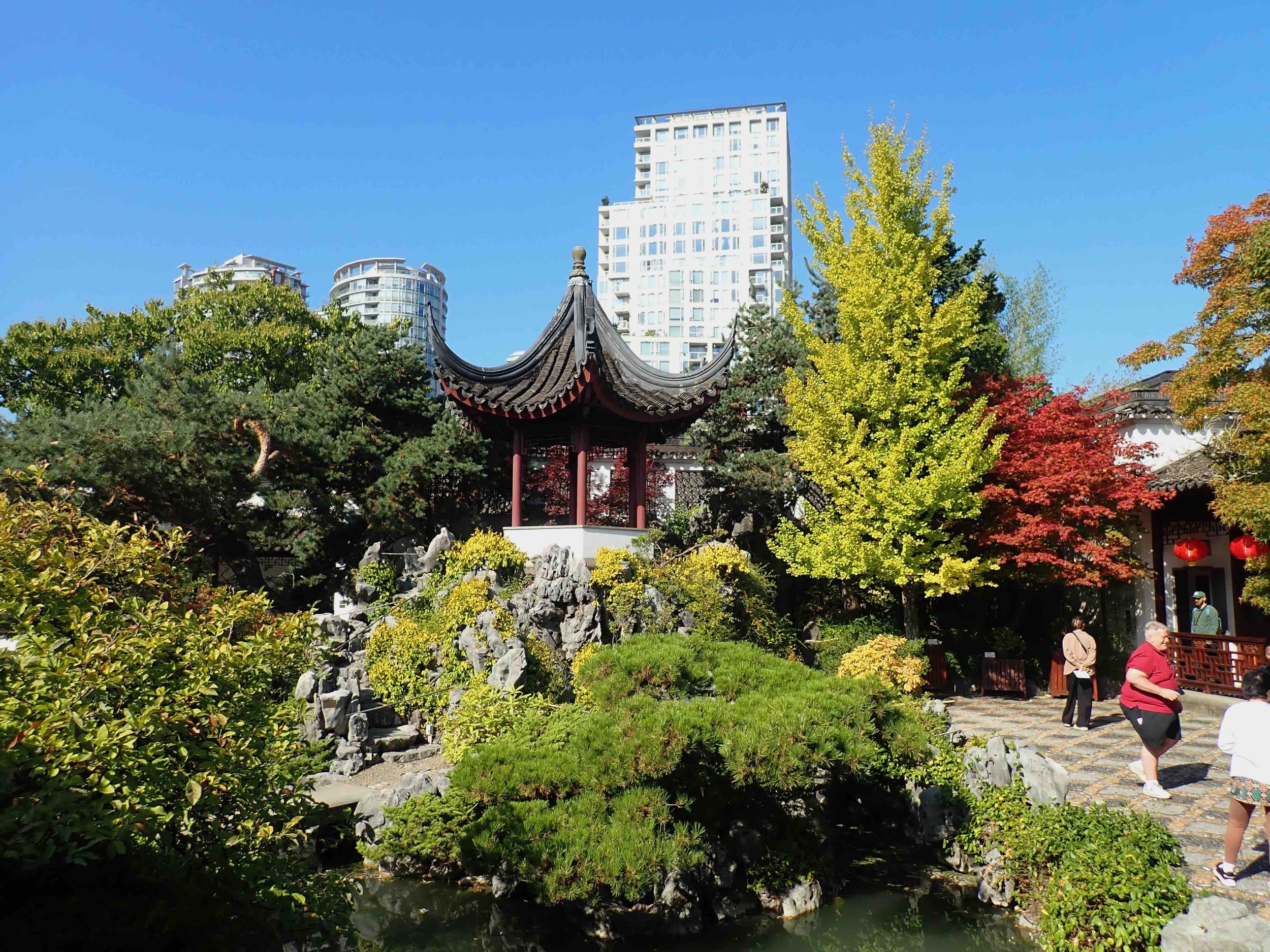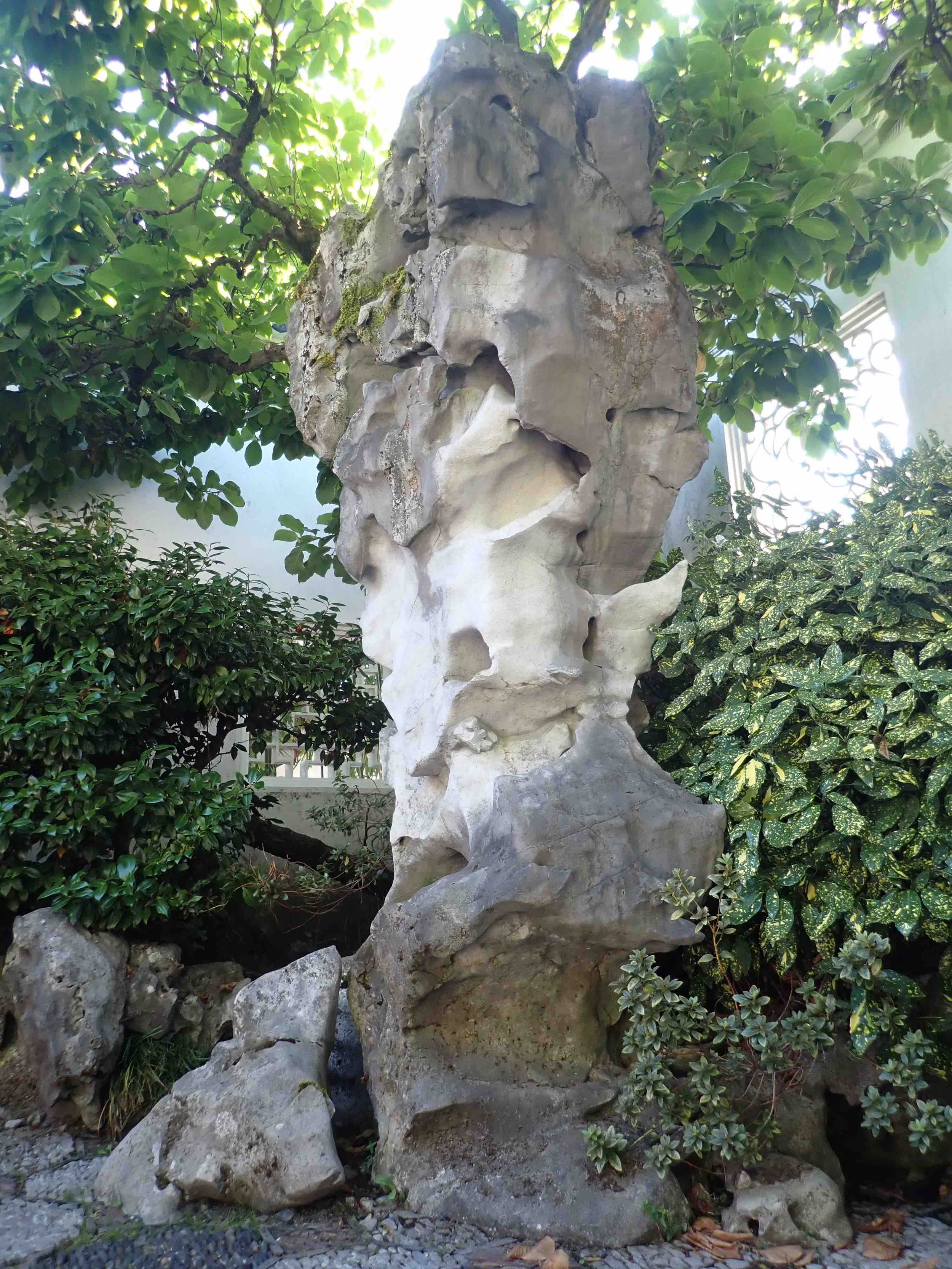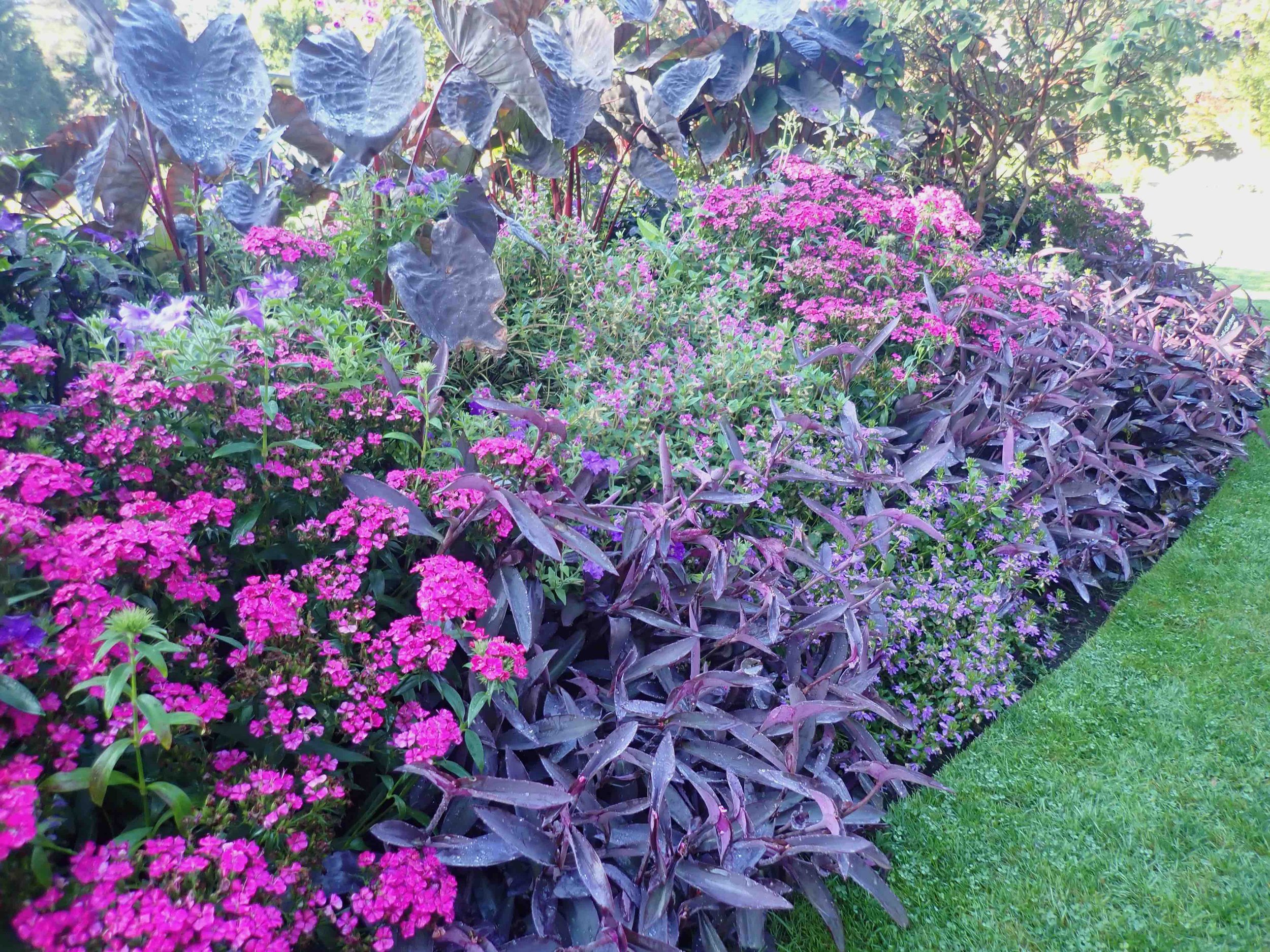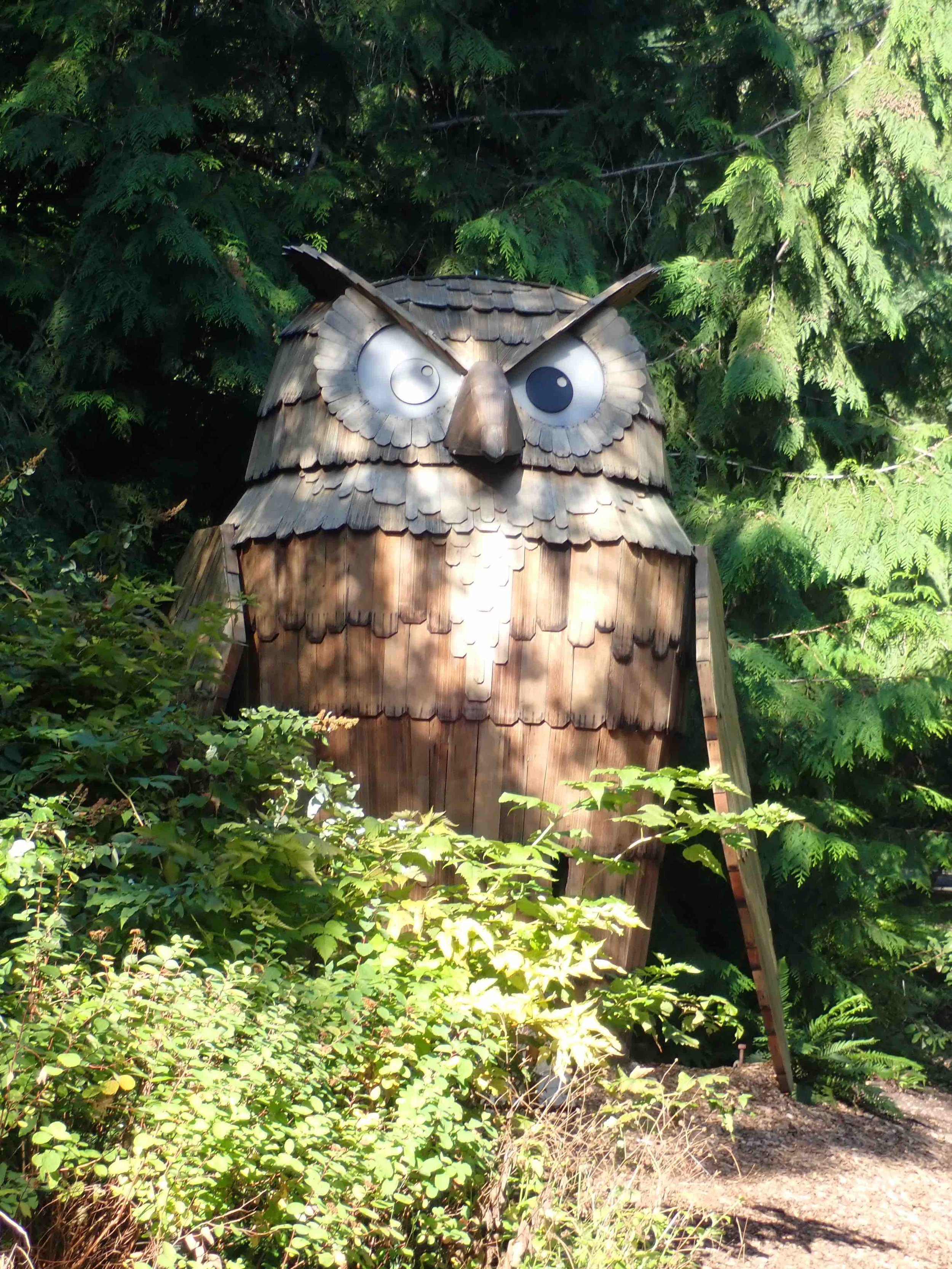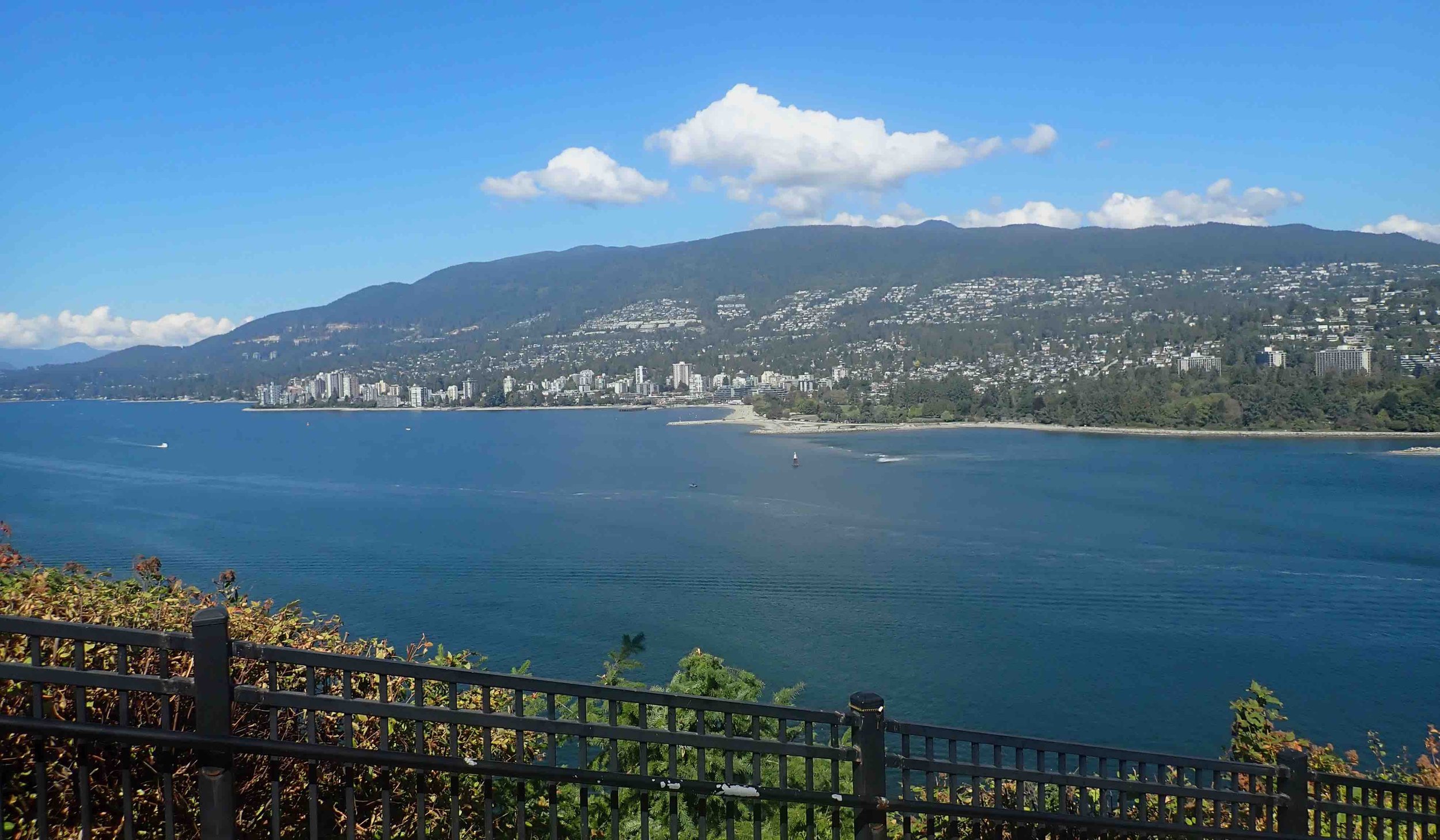2023 Summer Summit Summary
Vancouver, BC, Canada
The destination for our 2023 HGSA summer meeting was Vancouver, British Columbia. This joint meeting with NGB and AAS was originally planned for 2020, so we were particularly excited to experience this region after the three year delay. We stayed at the beautiful Westin Wall Centre, convenient to the airport but also not far from downtown. The first evening was the usual festive catch-up reception over drinks and light refreshments. We had a very full schedule ahead of us!
First thing the next morning we headed to Minter Country Garden in Chilliwack, B.C. We were greeted by Brian Minter, the in-demand garden communicator who opened the destination garden center in 1994. Brian gave us the full tour, introducing us to some of his favorite plants, and to the emus who have found a home there!
The next stop was Qualitree Propagators, a complex that includes a propagation and planting warehouse, an expansive greenhouse space, an outdoor container field, and a reservoir system that recycles all water used on the property. The scale and technological efficiency of Qualitree's operations impressed us all.
Then it was on the road again to Van Belle Nursery, where we visited both the container growing operation and its propagation partner, the YoungPlants division. Their patented trays, which they use for more than ten years, allow them to grow and ship small plants potless. The Bloomin' Easy display garden gave us a good look at the garden worthiness of some new plants.
Back in the conference hotel, we enjoyed a delicious banquet. All-America Selections presented the prestigious Medallion of Honor to Hiroshi Sakata, President of Sakata Seed Corporation, for his achievements, and for Sakata Seed Corporation's contributions to the horticulture industry.
On Day two, after a Roundtable Discussion with HGSA colleagues, we traveled to the Delta region, a below sea level area surrounded by 68 km of dikes. The city of Delta is located on unceded territories of the Tsawwassen, Musqueam, and other First Nations Peoples. We would hear about the associations with the indigenous peoples as the day progressed. Our first visit was to KPU (Kwantlen Polytechnic University) Garden City Lands, where the university operates a teaching and research farm. Our tour leaders spoke passionately about the challenges of carbon-negative farming at the edge of an ancient peat bog as they showed us their organic farmland, the solar heated dome greenhouse, and the moveable high tunnels.
A visit to West Coast Seeds followed, where we had a chance to check out the AAS and HGSA trials, and enjoy a creatively prepared lunch. A First Nation speaker addressed our group, sharing details about the rich traditions of the region, followed by a talk by Craig Diamond, owner of West Coast Seeds.
Stops at Westham Island Herb Farm and Emma Lea Farms, two family-run businesses, gave photographers in our group plenty of opportunities for great shots.
We then moved on to Southlands Farm Community in Tsawwassen/Delta. Described as the builder's "passion project," homes were being constructed within "a unique community where people live connected to the source of their food, to farmers and farming, and to each other." Southlands features a Market District, a town-square like area where community-building activities such as outdoor concerts and food festivals occur, and where farmers sell their produce.
The day concluded with "Dinner With Peers," in Steveson Harbor. We split up into manageable groups and enjoyed meals in selected restaurants, each group meal sponsored by a different seed company.
On Friday, the final day of the Summer Meeting, we enjoyed a too brief outing at Van Dusen Botanical Garden, a 55-acre oasis in the heart of the city, followed by a stop at Vancouver's exquisite Asian Garden; Dr. Sun Yat-Sen Classical Garden is a registered museum and one of Vancouver's top tourist attractions. Some traveled instead to Sole Food Street Farms, one of North America's largest urban farms. Sole Food trains and employs individuals with limited resources to produce up to 30 tons of fresh food annually.
We took a driving tour of Stanley Park, enjoying the scenic views of the sea and the mountains, and then split up into two groups to see Fresh Roots, a non-profit organization that trains future farmers and chefs on its urban farm locations, or the VTT (Vancouver Talmud Torah) Rooftop Garden Project. When we arrived at our final stop, Granville Island, later that afternoon, we were happy to have free time to explore the shops and the market. It had been a full three days!

